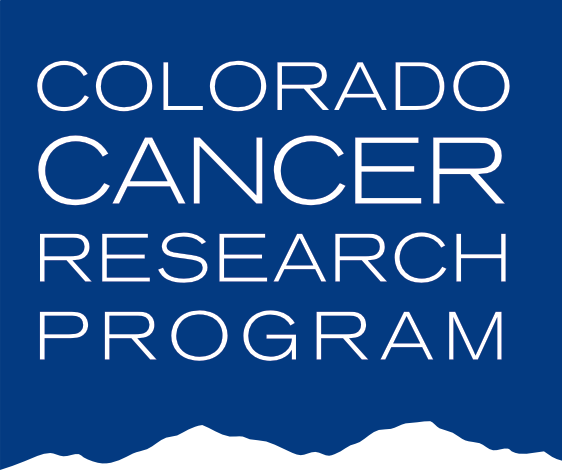It Could Have Gone Off the Rails
3/21/19 / Karla Raines

Colorado Cancer Research Program’s operating environment is both complex and demanding. So too are its internal operations. Add to that a group of MDs, PhDs, JDs, researchers, and other smart folks and you have the potential to spend the better part of your retreat down the rabbit hole as you endeavor to address individual needs for clarity, and a desire to understand a few details to the Nth degree.

We sat down recently with board member Ken Dawson to reflect on their most recent board retreat. Ken is retired from the insurance industry. A few years ago, he joined the community engagement committee of CCRP and then was recruited onto the board of directors. This is Ken’s first time serving on a nonprofit board. We initially worked together in February 2018, when I facilitated CCRP’s annual board retreat.
Last year, my eyes rolled when I was told we were using an outside facilitator. It took about 15 minutes for me to see your skills in action. I could see you were different.
When I asked him what had made him change his mind he said,“You had done the hard work of deeply learning and internalizing what we are all about — and talked to us on our own terms. It was clear you had taken the time and trouble to internalize our culture and what we are all about.”
At this year’s retreat, Ken came up to me following the meeting to shake my hand and praise the group’s success and our work. I wanted to learn more about what he believed made the day impactful. Over the years he had observed that some facilitators lacked depth of knowledge about their client organizations, which meant they weren’t prepared to reboot the process when necessary.
The 2019 retreat was particularly complicated, according to Ken. (And I concurred.) He recalled, “There was a time after lunch when things got stuck. I could almost see you thinking – we are kind of stuck here – how do we sort this out? You brought us back together by framing what you had heard:
- Let’s take a step back and see where we really are.
- This is what I am hearing.
- We have A, B, and C to consider.
- Tell me if I am right or wrong, and how to adjust my thinking.”
It could have gone off the rails. This is an apropos summary of the sometimes-circular conversation that occurred that day as we worked through a set of complex but related topics. We had a large group, with a few folks on the phone, and a variety of points of view around the table that weren’t completely meshing.
He remarked on the facilitation of that tipping point in the retreat, “That is what impressed me so much. It emboldened me to come up to you after the retreat. You had mastered our organization and culture impressively. By the end of the afternoon, I thought we had made excellent progress.”
I asked what might have transpired without an outside facilitator. Ken explained that “it would have been all but impossible to do it ourselves. We needed someone who could stand apart from all of it dispassionately. I’ve seen consultants run aground in that situation. It has to be the right facilitator.”
I learned a phrase from you the first time, ‘Only one meeting folks.’